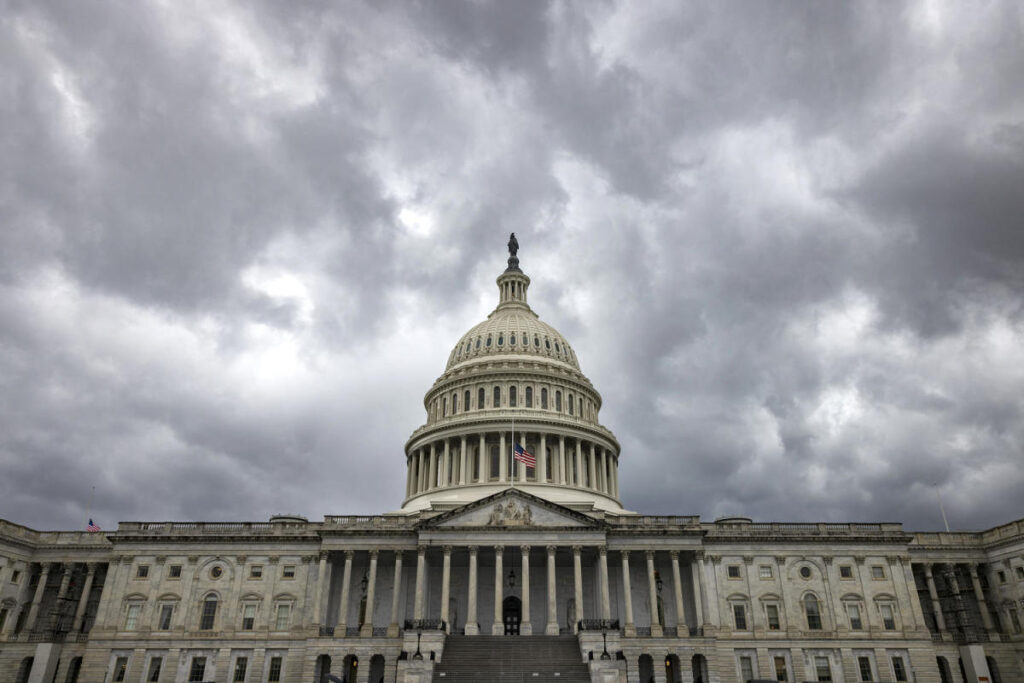As President-elect Donald Trump prepares to assume office, concerns about a potential government shutdown are causing considerable speculation regarding its impacts on the transition period. Although the situation raises important questions, experts generally agree that a funding lapse is unlikely to significantly disrupt the inauguration and the operations of the new Congress. The constitutional provisions governing congressional duties and the essential federal functions are designed to ensure continuity even amid a shutdown. This includes various employees and functions that directly support the legislative process and security. Such arrangements mean that Congress can proceed with crucial tasks regardless of a funding impasse.
Under the provisions of the 20th Amendment to the U.S. Constitution, the newly elected Congress is scheduled to convene on January 3. While a shutdown would result in furloughs for many non-essential employees, those involved in lawmaking and security remain on duty. This delineation of essential personnel is crucial because it allows for the swearing-in of lawmakers and the ongoing functions necessary for the legislative body. However, recent political dynamics complicate matters, as the election of a new House Speaker will precede this swearing-in. The challenge lies in the contentious internal dynamics of the Republican Party, which may hinder the swift election of a Speaker in the new Congress.
The certification of Trump’s electoral victory is set for January 6, and this process is also contingent on the presence of a new Speaker. Without a Speaker in place, the electoral votes cannot be officially counted, leading to the possibility of uncertainty surrounding the formal transition of power. The recent history of electing a Speaker, which involved multiple rounds of voting and a significant delay, casts doubt on whether the House can effectively handle this crucial task by the required date. While the Senate will not experience similar procedural issues since it remains a continuous body, the House’s potential paralysis poses unique challenges that could have significant implications for the certification process.
In the event of a shutdown, one plausible workaround could be the election of a temporary Speaker or a Speaker strictly limited in purpose. Experts have indicated that adapting to this unusual scenario is a possibility, but it remains uncharted territory for Congress. The complexity of managing legislative responsibilities amid a government shutdown could exacerbate the political chaos leading up to Trump’s inauguration. The situation calls for swift decision-making and an organized approach to ensure a functional governance structure is in place to maintain order as the transition takes place.
Inauguration Day, typically characterized by a seamless coordination of various agencies and personnel, would also be affected by a government shutdown. The major security operation required for this event relies on personnel from multiple federal agencies. However, government protocols outline that essential staff responsible for public safety and the execution of the president’s duties remain active, even during funding lapses. For instance, the Department of Homeland Security has provisions that would retain a vast majority of its employees to ensure the inauguration proceeds without security risks. Such contingencies underscore the priority placed on maintaining the essential processes that safeguard life and property during a transitional period.
Despite the various contingency plans available, the overarching impact of a shutdown so close to Inauguration Day threatens to disrupt the transfer of power and foundational operations across federal agencies. Administration officials warn that operational efficiency and readiness could suffer significantly in light of a funding lapse. The challenges arising from staff furloughs and logistical impediments could complicate the transition, creating hurdles for incoming staff as they seek to assimilate into their new roles. In summary, while enduring legal and procedural systems exist to mitigate the impacts of a shutdown, the unprecedented nature of a pre-inauguration funding lapse presents unique challenges that could hinder a smooth transition to the incoming administration.

